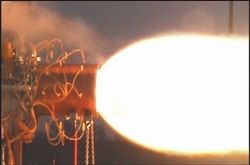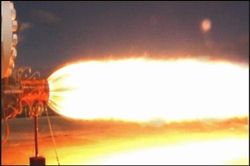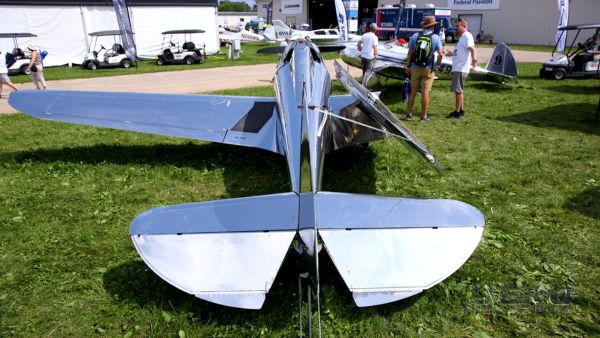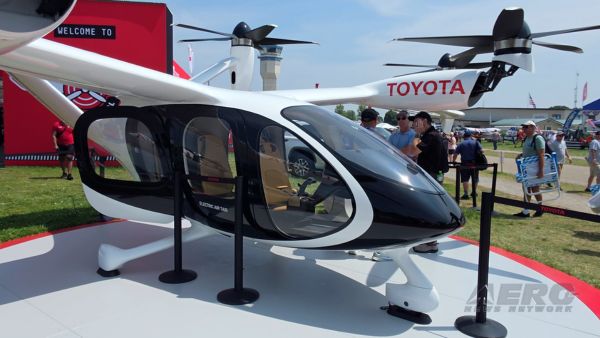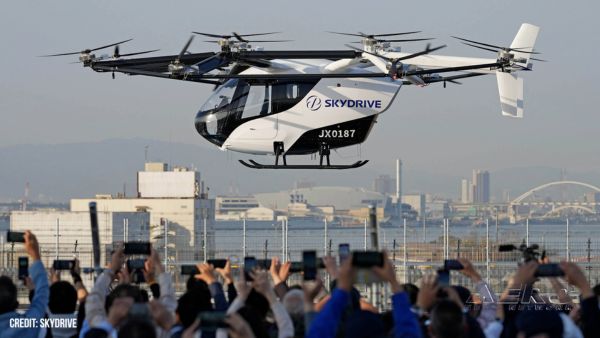Fri, Mar 21, 2003
Advertisement
More News
 ANN's Daily Aero-Term (08.04.25): Wind Shear
ANN's Daily Aero-Term (08.04.25): Wind Shear
Wind Shear A change in wind speed and/or wind direction in a short distance resulting in a tearing or shearing effect. It can exist in a horizontal or vertical direction and occasi>[...]
 ANN's Daily Aero-Linx (08.04.25)
ANN's Daily Aero-Linx (08.04.25)
Aero Linx: The P-38 National Association “The Plane that Changed the Course of History!” is quite a bold statement, true. But as you visit this website dedicated to the>[...]
 ANN FAQ: Contributing To Aero-TV
ANN FAQ: Contributing To Aero-TV
How To Get A Story On Aero-TV News/Feature Programming How do I submit a story idea or lead to Aero-TV? If you would like to submit a story idea or lead, please contact Jim Campbel>[...]
 NTSB Prelim: Van's Aircraft RV-14
NTSB Prelim: Van's Aircraft RV-14
Airplane Impacted A Storage Unit Building About 0.43 Miles From The Approach End Of Runway 12 At 24C On July 21, 2025, about 1627 eastern daylight time, a Van’s Aircraft RV-1>[...]
 Classic Aero-TV: Portrait of the Army Aviation Heritage Foundation
Classic Aero-TV: Portrait of the Army Aviation Heritage Foundation
From 2023 (YouTube Edition): To Preserve and Teach Incorporated as a non-profit domestic corporation in June 1997, the Army Aviation Heritage Foundation (AAHF) is a one-of-a-kind, >[...]
blog comments powered by Disqus

